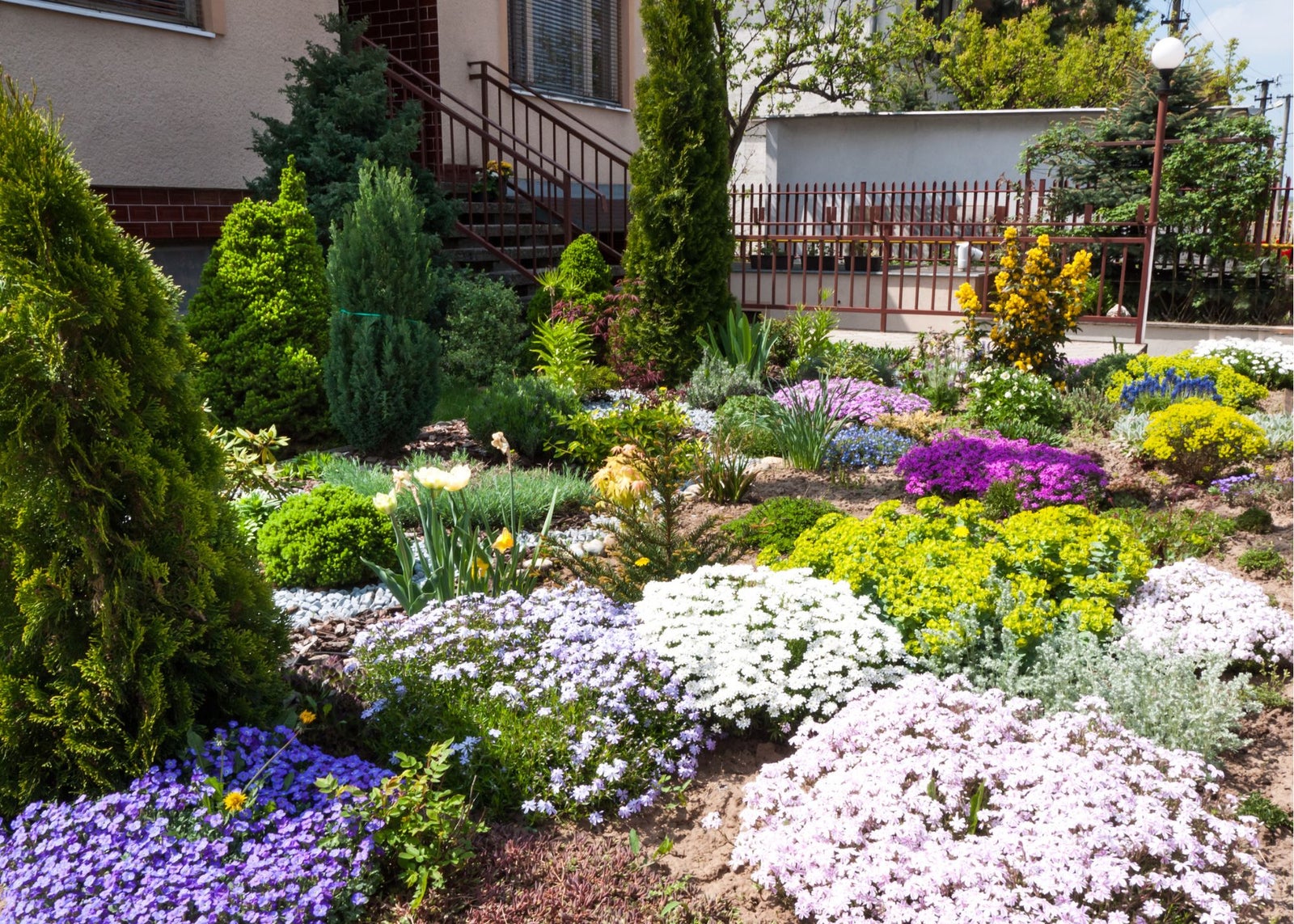
Vancouver experiences increasingly unpredictable weather, with rainy autumns transitioning to cold, freezing winters, and very dry, hot summers. Traditional landscaping can be a challenge in these conditions, relying heavily on water resources during dry periods and becoming more susceptible to pests such as chafer beetles. Xeriscaping, the practice of designing landscapes to reduce or eliminate the need for irrigation, can be a practical solution under these circumstances. By selecting drought-tolerant plants and implementing water-conserving techniques, xeriscaping minimizes the reliance on irrigation, making it an ideal choice in times of water shortage. This landscaping approach not only helps homeowners stick to water restrictions but also ensures that outdoor spaces can remain vibrant and attractive.
The ongoing battle with chafer beetles is another headache for many homeowners with traditional lawns. The beetle larvae wreak havoc on grass roots, attracting wildlife like raccoons and birds that dig up the grass in search of a chafer beetle larvae feast. Xeriscaping minimizes grassy areas, replacing them with ground covers and hardscapes less favourable to chafer beetle.
Xeriscaping enables diverse landscaping designs suited to Vancouver's climate. Whether it's succulent gardens or native plant arrangements, homeowners can enjoy visually pleasing landscapes that demand minimal water and resist pests. This not only helps the ecosystem by promoting biodiversity and supporting local wildlife but also extends beyond individual households. As more residents adopt this approach, the collective impact contributes to the conservation of the region's water resources. Furthermore, the reduced use of pesticides in xeriscaping fosters a healthier environment, benefiting both people and wildlife, and contributes to building a more sustainable and resilient community.
If you're uncertain about how to begin designing your yard, explore some pictures on Pinterest or look at landscaping websites for insightful suggestions and advice. These resources offer valuable tools and features to assist you in planning a design that works for your outdoor space, making it more enjoyable for the beginner and seasoned gardeners.
